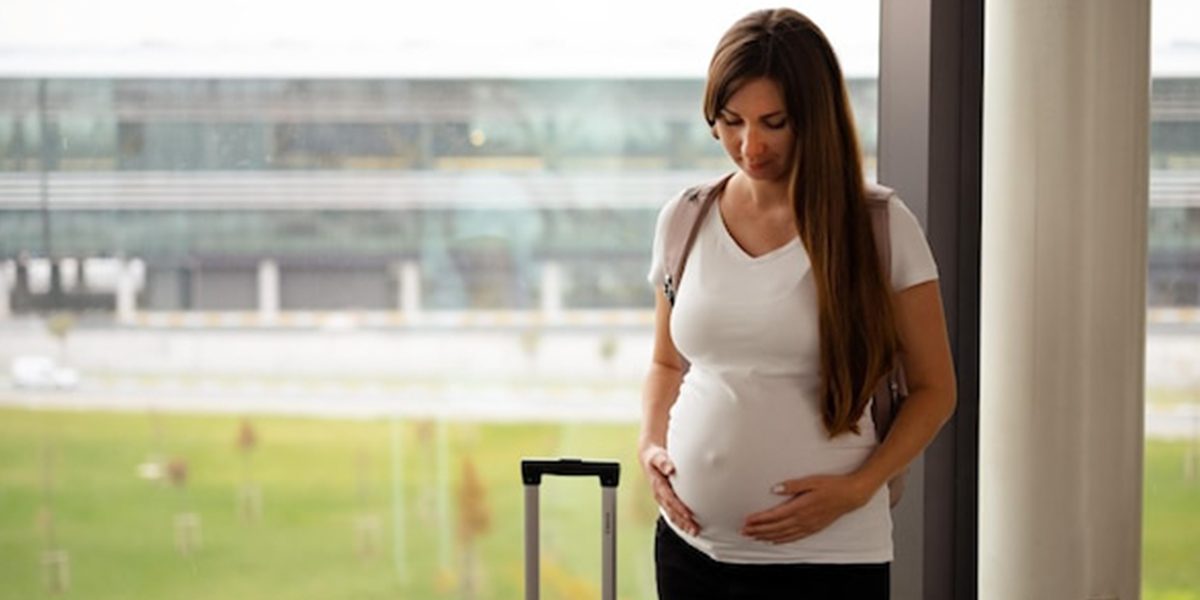Bringing new life into the world is an exciting journey, and for many expectant mothers, the question of whether it is safe to Travel during pregnancy often arises. In this blog, we’ll learn the considerations and precautions you should take when planning to travel while pregnant.
The Best Time to Travel
The second trimester, spanning weeks 13 to 26, is generally considered the safest period for Travel during pregnancy. Additionally, at this stage, the risk of complications is at its lowest. However, individual circumstances may vary, and it is crucial to consult with your healthcare provider before making any travel plans.
Types of Travel
Whether by air, sea, road, or rail, travel during pregnancy is generally possible. Nevertheless, certain restrictions may apply, especially towards the end of the pregnancy. Additionally, if you have pre-existing pregnancy complications, it’s essential to seek advice from your doctor.
Planning and Precautions
Before going on a trip, meticulous planning is key. First and foremost, take a copy of your medical records. Furthermore, be aware of healthcare services at your destination, and ensure that your travel insurance covers your pregnancy stage and any pre-existing conditions.
Air Travel
While air travel is generally safe during pregnancy, it’s essential to be aware of the increased risk of blood clots. Moreover, prioritizing hydration, avoiding restrictive clothing, wearing compression stockings, and engaging in regular movement during the flight can mitigate this risk. Additionally, it is advisable to check with your airline for any restrictions and consult your doctor if needed.
Vaccinations
Certain vaccinations, such as the flu, and COVID-19 vaccines, are generally safe during pregnancy. However, it’s crucial to note that some vaccines may not be suitable. Additionally, researching online provides destination-specific information on recommended vaccinations(flu vaccine in pregnancy).
International Travel and COVID-19
For those considering international travel, additional factors come into play, such as the risk of infectious diseases, including COVID-19. In this context, checking online for destination-specific information on COVID-19 risks, vaccination requirements, and testing is crucial.
Malaria and Zika Virus
Pregnant women are advised to avoid traveling to malaria-prone areas due to the associated risks. Similarly, when it comes to the Zika virus(zika virus symptoms), transmitted by mosquitos, it poses dangers to the unborn baby. Therefore, staying informed about the risks at your destination and taking necessary precautions is essential.
Traveling by Car or Train
Long periods of sitting during car or train travel can increase the risk of blood clots. To counter this, regular breaks, stretching, and staying hydrated are essential. Additionally, motion sickness may be more common in the first trimester. Therefore, it’s crucial to plan trips accordingly and consult your doctor about safe travel sickness remedies.
Seatbelt Safety
Wearing a seatbelt is crucial during pregnancy. Additionally, proper positioning, with the lap sash seatbelt below the stomach and the shoulder strap between the breasts, ensures safety. Moreover, it is advisable to seek medical attention after any mild accident, even if you feel fine.
Dietary Considerations
Diarrhoea can pose serious risks to pregnant women, so it’s crucial to be cautious about food and water safety. In this regard, sticking to freshly prepared foods, avoiding raw or undercooked items(Foods to avoid in pregnancy), and staying hydrated are essential precautions. Furthermore, consuming alcohol should be strictly avoided.
To conclude
While traveling during pregnancy requires careful consideration and planning, it can be done safely with the right precautions. Additionally, consulting with your healthcare provider, staying informed about your destination, and taking the necessary steps to ensure a comfortable and secure journey for both you and your baby are crucial. Safe travels!








